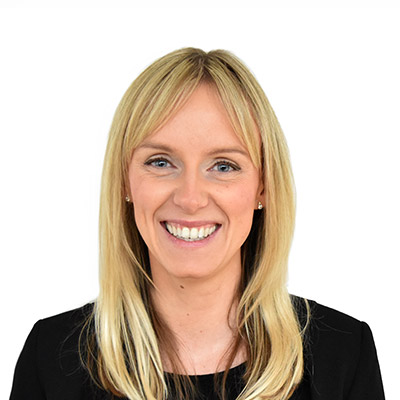
Damages following vaginal tear during labour
Medical treatment During the process of giving birth to her twin daughters, Mrs M sustained a 4th degree tear which caused bowel problems, pain on
Birth Injury
Major bleeding before or after childbirth is a medical emergency and can lead to serious complications for Mum or baby. Many negligence claims arise from failures to spot the bleeding or intervene before injury occurs.
Bleeding during pregnancy is called antepartum haemorrhage. It is common in women with a low-lying placenta, such as placenta praevia, or when the placenta detaches from the uterine wall (placental abruption). Major blood loss in pregnancy can reduce the supply of oxygen and other nutrients to the baby and cause brain injury or even death if not acted upon soon enough. It can also have equally devastating effects for the mother.
Bleeding after childbirth is called postpartum haemorrhage. This can occur if the uterus fails to contract after the baby is delivered and the blood vessels remain open to bleed. It can also happen if not all of the placenta is removed from the uterus.
It is usually a failure by midwives or doctors to respond quickly enough to antepartum haemorrhage that gives rise to negligence claims. In all cases of vaginal bleeding in pregnancy, the baby and mother’s condition should be monitored. If there are signs that the mother’s health is at serious risk, or that the baby is not coping well, for example has an abnormal heart rate, then emergency delivery of the baby is often required. Any delays may be deemed negligent. If the mother or baby is injured because of the delays, it is possible to claim for compensation.
Postpartum haemorrhage claims can arise from poor management of labour and delivery, for instance allowing a mother to continue in childbirth for too long with no progress, or allowing her to push for too long, making the muscles in the uterus weak and unable to contract back once delivery is complete. Failing to give the mother oxytocin or other drugs to help the uterus contract, or failing to spot mild or moderate blood loss in the postnatal period that then leads to a major haemorrhage, can also be grounds for a compensation claim.
Haemorrhage can also arise from improper use of forceps during delivery, or failure to repair vaginal tears.
In most cases, obstetric haemorrhage leaves no lasting problems for mother and baby. But if poor medical treatment of the haemorrhage has caused serious injury, such as a brain injury to the baby, or the need for a hysterectomy or other serious harm to the mother, then substantial financial compensation may be available.
Speak to us for some free, informal advice about whether you have a claim. If your child has suffered a brain injury at birth, visit our dedicated brain injury website for more information on how we can help.
If your child suffers an injury from negligent medical treatment during your pregnancy, the birth or postnatally you may be entitled to make a claim.
If you are ever unsure if you have a case, it is best to contact a solicitor.
We can provide a second opinion free of charge. We have acted for many clients who have been told they don’t have a case, but by looking at the claim in a different way and with our expertise, we have gone on to be successful
All birth injury claims are different and this depends upon when a final prognosis is known and a claim can be valued.
Once we obtain an admission of liability in your case we can request an immediate payment to help with your needs and put support in place.
Medical negligence claims rarely go to court, with only a small percentage of the more complex cases ending up there. However, in the unlikely event that your case reaches court, we will be by your side throughout the process.
It is important to pursue your claim as quickly as possible due to time limits and to also enable us to help you obtain compensation as soon as possible. This is especially the case in complex cases as the process can be lengthy.
You have to start your claim within 3-years (limitation period) from when the injury occurred or when you first became aware of any potential negligence or injury as a result. However, the time limit only begins when a child reaches 18 years of age.
There may be several options open to you to include legal aid, No Win No Fee and legal expense insurance. We can advise you on the correct funding method for you. We have designed a No Win No Fee package to protect you from paying any costs should your claim not be successful.

Medical treatment During the process of giving birth to her twin daughters, Mrs M sustained a 4th degree tear which caused bowel problems, pain on

Charlie was born extremely premature and developed spastic quadriplegic cerebral palsy, learning difficulties and epilepsy. Charlies lives a very fulfilling life and wants to share







CL Medilaw © 2024